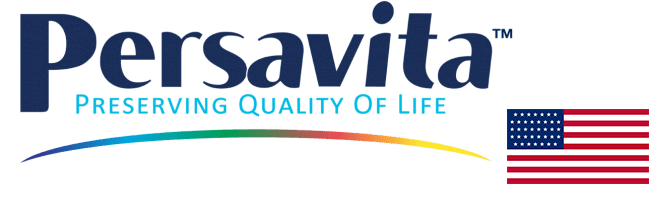Foods that Promote Good Eye Health
Introduction
Our eyes are windows to the world, allowing us to experience the beauty around us. Maintaining good eye health is essential for clear vision and overall well-being. While regular eye exams are vital, proper nutrition also plays a crucial role in promoting eye health. In this article, we will explore foods that are beneficial for our eyes and help us enjoy clear vision for years to come.
The Role of Nutrition in Eye Health
A well-balanced diet rich in essential nutrients can significantly impact eye health. Nutrients like vitamin A, antioxidants, omega-3 fatty acids, lutein, zeaxanthin, vitamin C, and zinc play vital roles in supporting eye function and protecting against age-related eye conditions.
Vitamin A-Rich Foods for Better Vision
Carrots: The Vision Booster
Carrots are renowned for their high vitamin A content, a nutrient essential for maintaining healthy eyesight. Vitamin A helps the eyes convert light into signals that travel to the brain, enabling us to see in low-light conditions.
Sweet Potatoes: Nourishment for the Eyes
Similar to carrots, sweet potatoes are rich in vitamin A, providing valuable nourishment for the eyes and supporting optimal vision.
Antioxidant-Rich Foods to Combat Age-Related Eye Conditions
Blueberries: A Burst of Eye Nutrition
Blueberries are packed with antioxidants, particularly anthocyanins, which can help combat oxidative stress in the eyes and reduce the risk of age-related eye conditions.
Spinach: The Powerhouse of Antioxidants
Spinach is a leafy green vegetable containing a wealth of antioxidants like lutein and zeaxanthin, essential for macular health and protecting the eyes from harmful free radicals.
Omega-3 Fatty Acids for Optimal Eye Function
Fatty Fish: The Omega-3 Source
Fatty fish like salmon, tuna, and mackerel are excellent sources of omega-3 fatty acids, which support eye health by reducing inflammation and promoting proper tear production.
Chia Seeds: Plant-Based Omega-3 Boost
For those following a plant-based diet, chia seeds offer a rich source of omega-3 fatty acids, aiding in maintaining eye health and supporting overall well-being.
Foods High in Lutein and Zeaxanthin for Macular Health
Kale: The Leafy Green Superfood
Kale is a nutrient-dense leafy green vegetable containing lutein and zeaxanthin, crucial for protecting the macula from harmful blue light and maintaining healthy vision.
Egg Yolks: A Natural Source of Lutein and Zeaxanthin
Egg yolks are a natural source of lutein and zeaxanthin, promoting macular health and contributing to clear vision.
Citrus Fruits and Vitamin C for Eye Protection
Oranges: The Vitamin C Powerhouse
Oranges and other citrus fruits are abundant in vitamin C, an antioxidant that helps combat eye inflammation and reduce the risk of cataracts and age-related macular degeneration.
Red Bell Peppers: A Colorful Vitamin C Boost
Red bell peppers contain high levels of vitamin C, supporting collagen production in the eyes and protecting against eye-related issues.
Nuts and Seeds for Eye Health
Almonds: The Nutrient-Packed Snack
Almonds are a delicious and nutrient-packed
FAQs
Q: Can a healthy diet alone improve my vision?
A: While a healthy diet plays a crucial role in supporting eye health, it may not reverse existing vision problems. Regular eye exams and following your eye care professional’s advice are essential for maintaining optimal vision.
Q: How often should I include eye-healthy foods in my diet?
A: Aim to incorporate eye-healthy foods into your daily meals for consistent benefits. A varied diet ensures you receive a broad spectrum of nutrients beneficial for your eyes.
Q: Can eye-healthy foods prevent age-related eye conditions?
A: While eye-healthy foods can support eye health and reduce the risk of age-related eye conditions, it is not a guarantee. Regular eye exams remain crucial for early detection and treatment.
Q: Are supplements necessary for eye health if I consume eye-healthy foods regularly?
A: If you maintain a balanced diet with eye-healthy foods, supplements may not be necessary. However, if you have specific nutritional deficiencies or require additional support, consult your eye care professional.
Q: Can children benefit from consuming eye-healthy foods?
A: Absolutely! Children’s eye health is essential for their development and learning. Including eye-healthy foods in their diet can contribute to their overall eye well-being.

